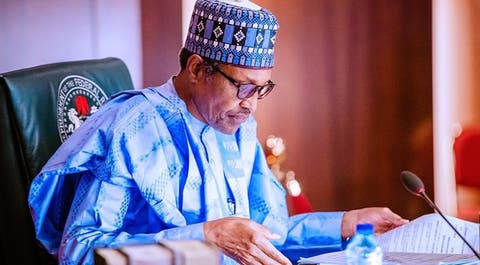A new law signed by the President, Major General Muhammadu Buhari (retd.), has increased the minimum qualification for the position of Inspector-General of Police.
According to the Nigeria Police Act 2020, anybody who will be appointed as the IGP must possess a first degree or its equivalent.

Section 7(2) of the Act reads in part, “The person to be appointed as Inspector-General of Police shall be a senior police officer not below the rank of an Assistant Inspector-General of Police with the requisite academic qualification of not less than a first degree or its equivalent in addition to professional and management experience.”
However, the requirement for becoming Nigeria’s President is much lower than that of the IGP.
Chapter VI, Part I, Section 131 of the Nigerian constitution states that a person may be qualified for election of the office of the president if they are a citizen of Nigeria by birth, have attained the age of 35 and have been educated up to at least school certificate level or its equivalent.
Section 131, which was amended in 2018, reads in part, “A person shall be qualified for election to the office of the President if he is a citizen of Nigeria by birth; he has attained the age of 40 years; he is a member of a political party and is sponsored by that political party; and he has been educated up to at least School Certificate level or its equivalent.”
A bill seeking to make Higher National Diploma the minimum qualification for anyone aspiring to the office of the President or governor passed second reading at the Senate in March.
The bill also seeks to make the Ordinary National Diploma the minimum qualification for contesting for state and federal legislative seats.

